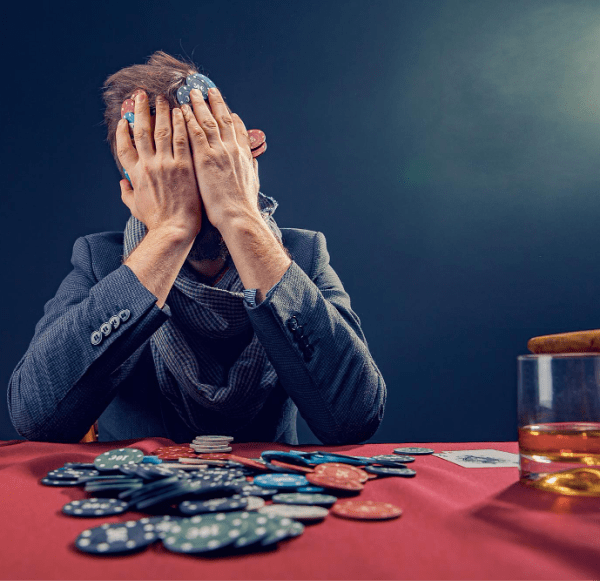

What Is A Gambling Addiction?
Gambling addiction is the uncontrollable urge to continue gambling despite the toll it takes on one’s life. Gambling is addictive because it stimulates the brain’s reward system much like drugs or alcohol can. In fact, gambling addiction is the most common impulse control disorder worldwide. It is estimated that around two million people in the US are addicted to gambling, and that for as many as 20 million the habit seriously interferes with work and social life.
There are many factors that can contribute to the development of a gambling addiction, including: desperation for money, the “high” that comes from the thrill of betting, and the intoxicating atmosphere of the gambling scene.
Gambling addiction is a very serious condition that can destroy lives. Although treating a gambling addiction can be challenging, many people suffering from the disease have found help through treatment.
How Gambling Affects The Brain
Similar to addictive substances like meth and cocaine, gambling addiction is associated with release of dopamine within the brain. Addictive substances affect the brain’s reward system and release up to ten times the normal amount of dopamine. Continuous use then causes the body to develop a tolerance, as natural production of dopamine is inhibited and the body needs more and more of the stimulating substance in order to receive the same rush.
Just as those suffering from substance use disorders require increasingly strong hits to get high or increasingly larger amounts of alcohol to get drunk, gambling addicts pursue riskier ventures and bet increasingly larger amounts of money to receive the same pleasure they once did. Additionally, research shows that pathological gamblers and drug users share many of the same genetic predispositions for impulsivity and reward seeking. Furthermore, both those suffering from substance abuse problems and compulsive gamblers endure symptoms of withdrawal when attempting to quit.
Just as those suffering from substance use disorders require increasingly strong hits to get high or increasingly larger amounts of alcohol to get drunk, gambling addicts pursue riskier ventures and bet increasingly larger amounts of money to receive the same pleasure they once did. Additionally, research shows that pathological gamblers and drug users share many of the same genetic predispositions for impulsivity and reward seeking. Furthermore, both those suffering from substance abuse problems and compulsive gamblers endure symptoms of withdrawal when attempting to quit.
Signs And Symptoms Of Gambling Addiction
The defining element of a gambling addiction is that people become completely absorbed in specific gambling activities and then pursue them in a compulsive manner, despite the potential negative consequences. Those suffering from a gambling addiction often describe a sense of loss of control in which they believe they are incapable of avoiding or stopping gambling.
Common signs of gambling addiction include:
- Needing to gamble with increasing amounts of money
- Unsuccessfully attempting to control, cut back, or stop
- Feeling restless or irritable when unable to gamble
- Gambling to escape problems or relieve negative emotions
- Attempting to get back lost money by gambling more
- Jeopardising important relationships or opportunities because of gambling
- Resorting to theft or fraud to get gambling money
Treatment For Gambling Addiction
Similar to other behavioral addictions, therapists have found that compulsive gamblers respond positively to pharmacological and psychosocial treatment. Cognitive behavioral therapy has shown to be particularly effective in addressing gambling addictions, as it teaches relapse prevention skills and how to change habits, as well as identifying the underlying cause of addiction. Additionally, support groups and 12-step programs, like Gamblers Anonymous, are helpful as they offer judgment-free support for fellow recovering gambling addicts.
